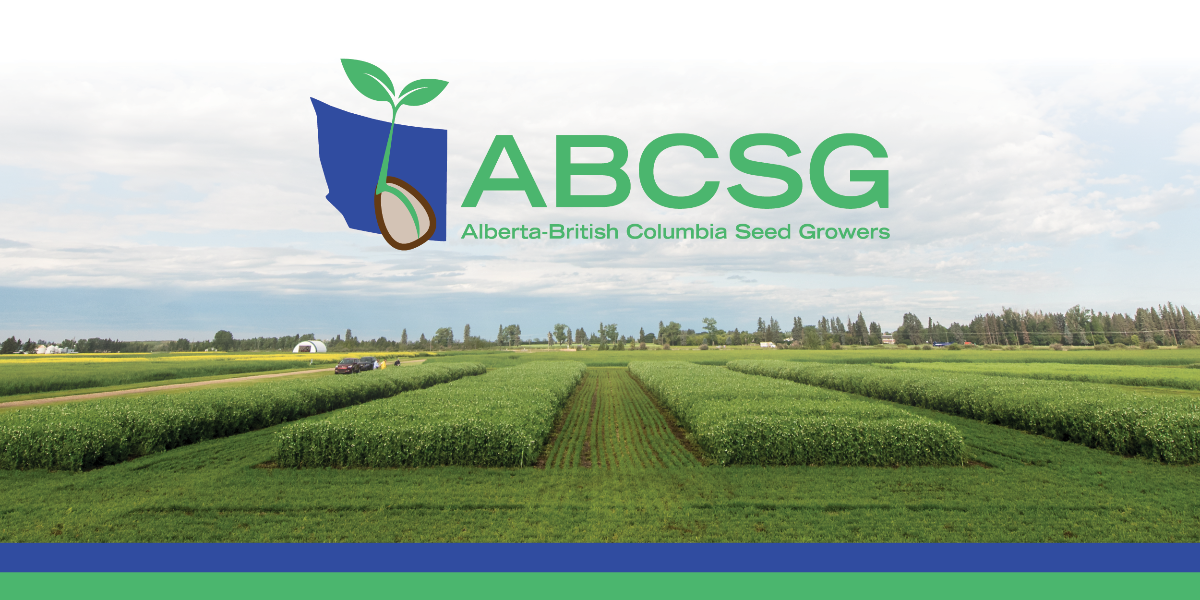Agriculture Financial Services Corporation’s (AFSC) insurance programs are designed to cover clients for the total production of the crop, including any grade loss due to designated perils. For pedigreed producers, total production includes cleaned production and screenings. The grade for pedigreed crops is based primarily on germination, but if germination fails to meet the standard, the commercial grades are assessed. Production, which includes the screenings, is adjusted based on weight and dockage.
Pedigreed clients who are concerned with the germination and/or the percentage of screenings that will need to be removed from the crop are asked to retain a sample of uncleaned grain. From these representative samples, AFSC will complete a germination test:
- If the uncleaned sample passes germination, a grade of Certified will be applied to the screenings.
- If the uncleaned sample fails germination, the determined grade of the sample will be applied to the screenings.
If the client does not have a representative sample, the grade of the cleaned grain will be applied to the screenings.
AFSC will continue to accept client- submitted germination test results from accredited labs. If the client is concerned about the germination and has not had the crop tested:
- If the grain has been cleaned, AFSC will pull samples to test germ from the cleaned grain and apply the results to the cleaned grain.
- If the grain has not been cleaned, AFSC will pull samples to test germ from the uncleaned grain in the bins.
If pedigreed producers are concerned with the grade of their crop due to a large amount of dockage and/or small or light weight kernels that will be cleaned out, they should contact their Branch office to advise them of the concern and discuss collecting representative samples for AFSC grading purposes for the screenings. Sampling requirements are as follows:
- Grain must be collected in a sealed container (e.g., five-gallon pail) that preserves moisture content, maintains sample integrity, and keeps out rodents and insects.
- The sample needs to be obtained intermittently, such as while the grain is loaded into trucks directly from the field or from each truck while unloading into bins.
- Samples are to be stored in a manner acceptable to AFSC and represent the quality of the crop sold.
- If the client saves a sample and AFSC determines that it is unrepresentative, AFSC will assign the grain its designated grade.
Growers may wonder if a grade factor should be applied to the screenings, recognizing that they are of lesser value than the cleaned crop. As cleaning is part of the pedigreed crop process and the insurance is based on the entire production not just the cleaned crop, it was identified that adding a factor to the screenings would be a major change to the product design and premium rates would need to be recalculated. It is not possible to make this change at this time given the approval process required for the product change, and to ensure that the appropriate premium rates are being applied.
AFSC indicated they will review these processes after the 2024 crop year to determine if there were any unexpected outcomes.
Contact your local AFSC office for further details.
|

